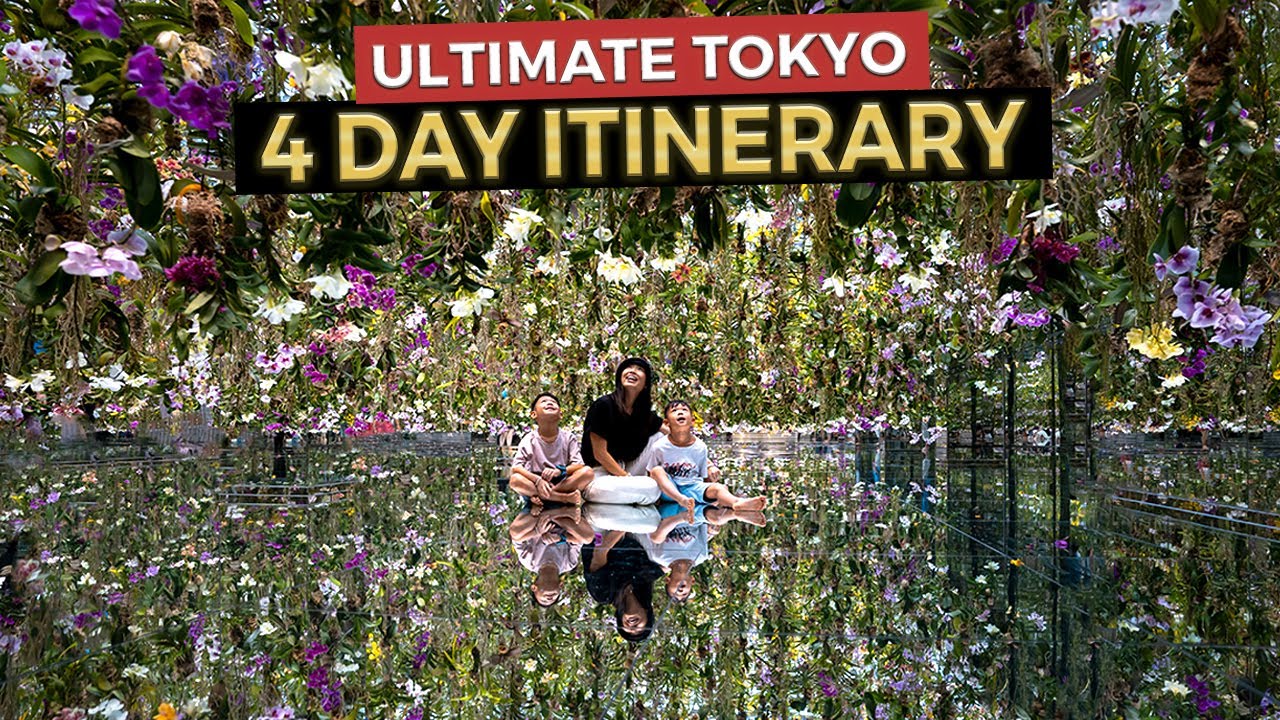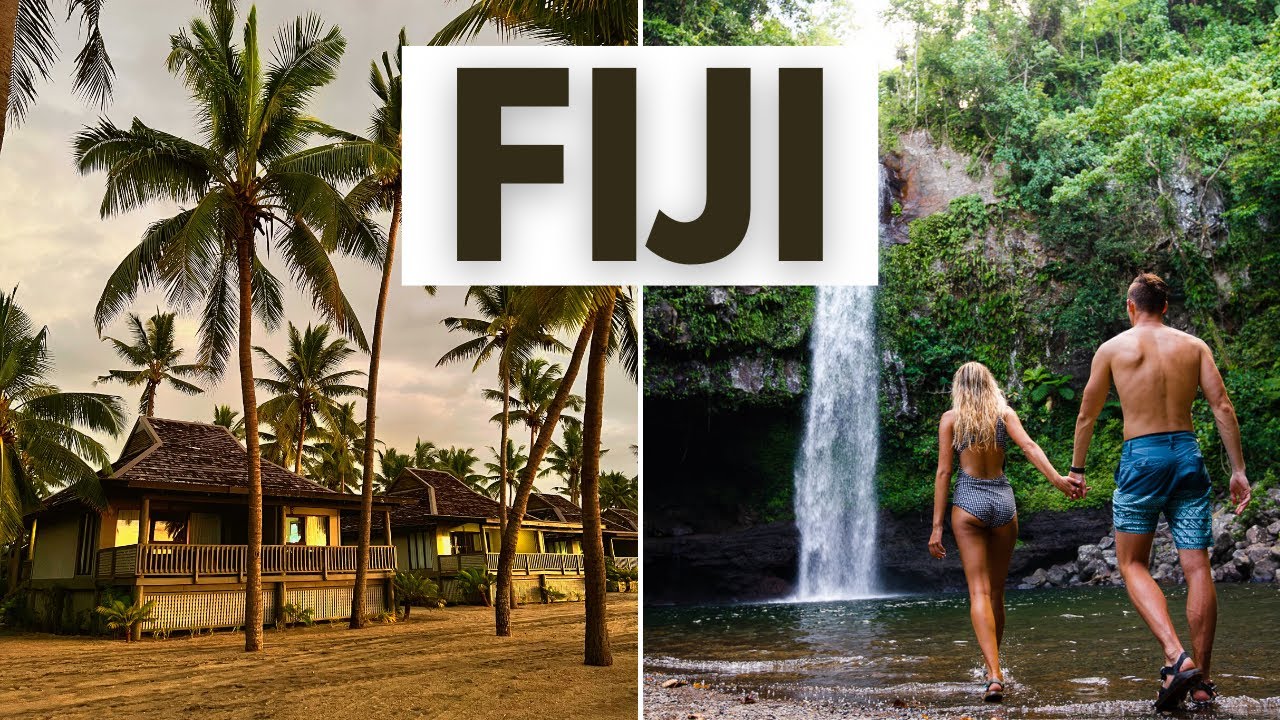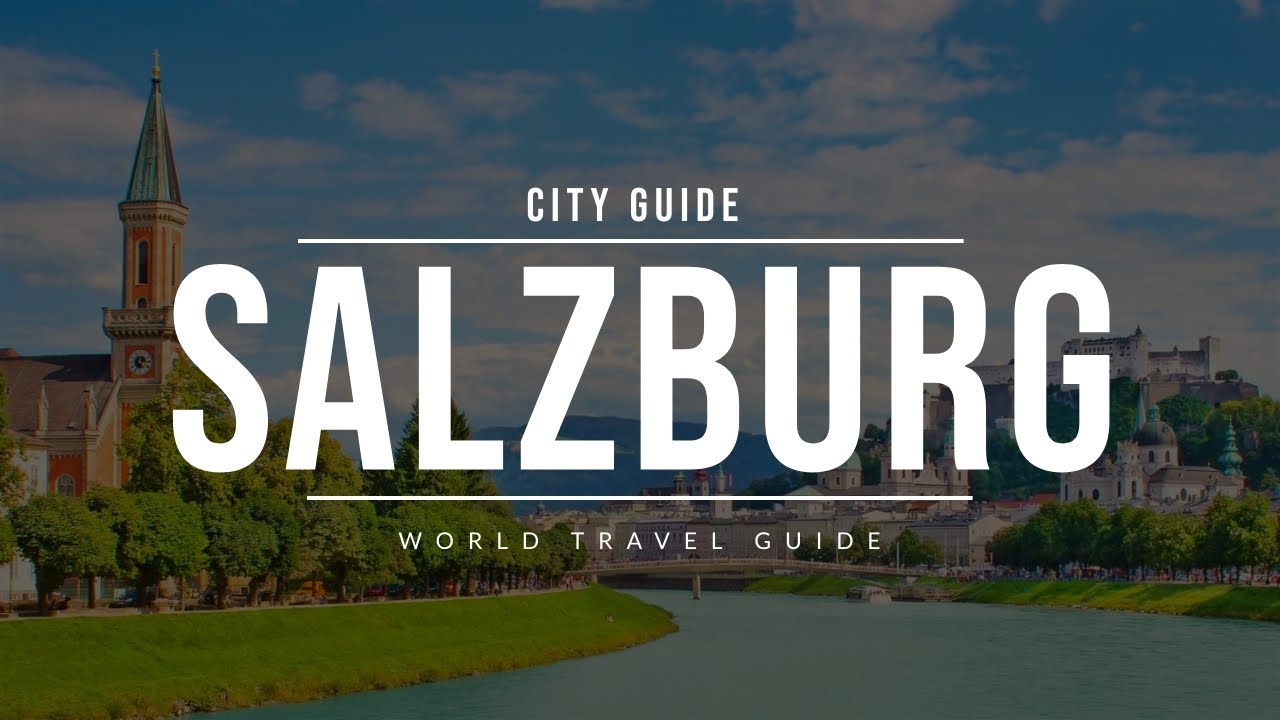If you want to go to Mars then Death Valley is probably close to the real thing. Harsh unforgiving yet beautiful landscape, …
A Death Valley Adventure: A Comprehensive Guide
Death Valley National Park is a land of extremes, known for its scorching temperatures, otherworldly landscapes, and fascinating history. Here’s a comprehensive guide to help you plan your visit:
When to Visit:
- Winter (November to March): This is the ideal time to visit, with mild temperatures and clear skies.
- Spring (April-May): Offers pleasant weather and blooming wildflowers.
- Summer (June-August): Avoid visiting during the peak summer months, as temperatures can soar to dangerous levels.
Must-See Attractions:
-
Badwater Basin: The lowest point in North America, offering a surreal landscape of salt flats.
-
Zabriskie Point: A scenic viewpoint with colorful, eroded hills.
-
Artist’s Palette: A colorful canyon with vibrant mineral deposits.
-
Mesquite Flat Sand Dunes: The perfect spot for sandboarding or simply enjoying the unique desert landscape.
-
Devil’s Golf Course: A field of sharp, jagged rocks formed by salt weathering.
-
Scotty’s Castle: A historic mansion built by a prospector, offering a glimpse into the area’s mining history.
-
Ubehebe Crater: A volcanic crater formed by a phreatic eruption.
Tips for Your Visit:
- Stay Hydrated: Bring plenty of water and drink often, especially during the warmer months.
- Dress Appropriately: Wear lightweight, loose-fitting clothing and a hat to protect yourself from the sun.
- Check Road Conditions: Some roads may be closed due to extreme weather conditions or road repairs.
- Respect the Environment: Stay on designated trails and avoid disturbing wildlife.
- Be Aware of Heatstroke: Watch for symptoms of heatstroke, such as dizziness, headache, and rapid pulse.
- Bring a Camera: Capture the stunning landscapes and unique formations.
By following these tips and planning your visit carefully, you can enjoy a safe and unforgettable experience in Death Valley National Park.









